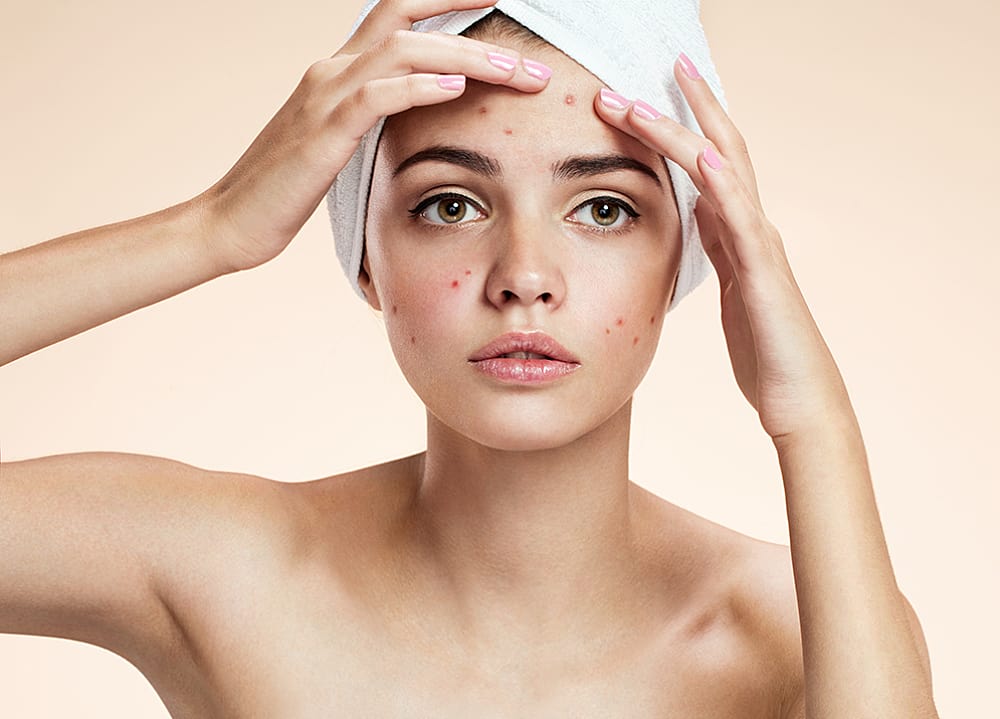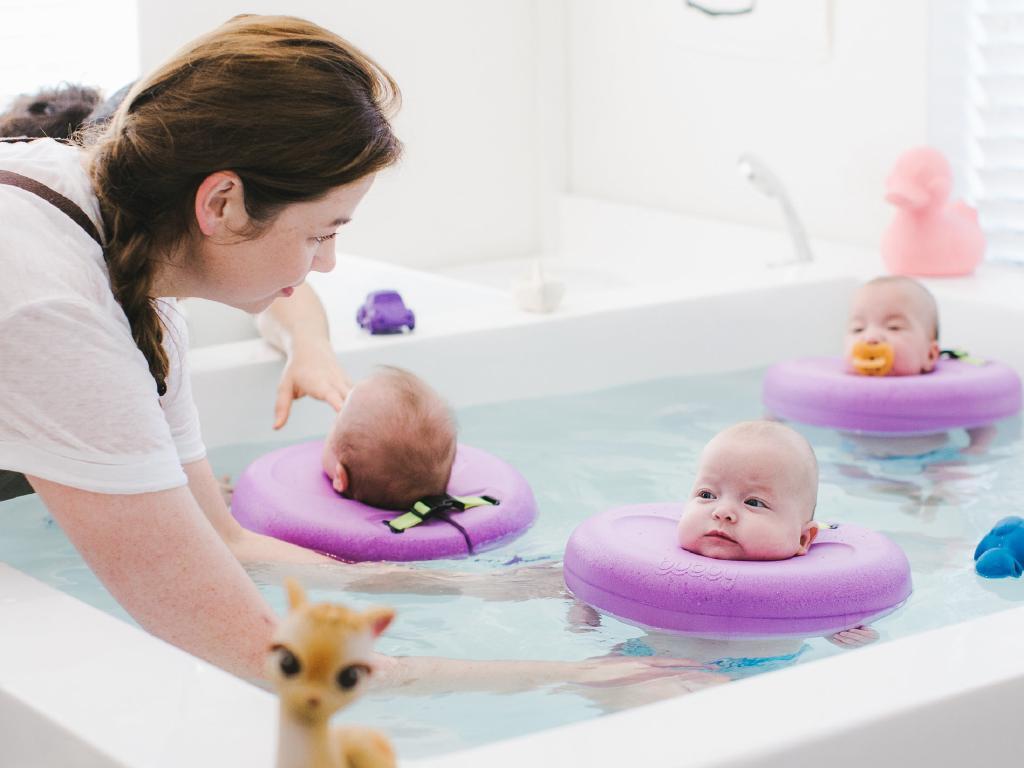Contents:
- Medical Video: Acne | Nucleus Health
- Benefits of retinoic acid for acne
- Side effects of using retinoic acid for acne
- The rules for using retinoic acid as an acne medication
Medical Video: Acne | Nucleus Health
If you are struggling to get rid of acne or acne scars that are stubborn and have not improved even though you have done a lot of treatment, using retinoic acid for acne may help. Retinoic acid, also called tretinoin, is one of the topical drugs commonly used to treat acne. Read on to find out the benefits of retinoic acid for acne in this article.
Benefits of retinoic acid for acne
Retinoic acid (retinoic acid) also often referred to as Retin-A is one of the beauty care ingredients that includes a type of vitamin A derivative. This type of vitamin is a vitamin that has uses to help heal acne, eliminate acne scars, close pores, increase collagen to reduce thin lines of aging marks, and accelerate skin cells to flatten colors and smooth the skin.The use of this drug has been approved by the US FDA since 1971 and since then, many people have recognized the benefits of retinoic acid to treat skin problems.
The use of retinoic acid for zits is recommended at night and applied once a day. The results of treatment using retinoic acid will appear around three to four weeks if you use it regularly.
You might think that using retinoic acid for acne has a slow healing effect, but this is certainly comparable to the results. That is why, the use of retinoic acid for acne must be used with a high level of patience and patience in order to get maximum results.
Side effects of using retinoic acid for acne
In the initial period of use, generally the side effects caused are flaky skin, red and itchy face. In some cases, using retinoic acid will make your acne condition look worse.
At first glance, from the aforementioned side effects, you may be a little anxious about using retinoid acid for fear that your skin will look worse before it improves. Retinoid acid can indeed cause dryness, redness, and flaking of the skin. You can avoid side effects by using retinoid acid every other day or alternately until your skin is used.
If you do not experience allergies or irritation, you can start applying it every night for two weeks or until you see results. In addition, to prevent irritation, don't forgetwash your face before applying retinoid acid and wait for the face to dry completely.
The rules for using retinoic acid as an acne medication
Here are a few tips if you use retinoic acid as an acne medication but want to avoid the side effects that might cause it:
- Some people who have sensitive skin, pregnant women, and breastfeeding are not recommended to use this substance.
- Benzoyl peroxide and alpha hydroxy acid (AHA) can deactivate retinoids. Therefore, do not use skin products with these ingredients when you are using retinoic acid as an acne medication.
- Avoid using this substance in open wounds or sore skin due to sunburn, and skin around the eyes, nose and mouth.
- Don't wear it in damp skin conditions. Wait at least 20 minutes after washing your face.
- Retinoic acid is usually used at night before going to bed because this substance will not work effectively if exposed to the sun.
- While using retinoric acid for treatment, you must use sunblock to protect facial skin from exposure to UV rays that can cause photosensitivity (redness).
- Do not combine this product with glycolic acid or vitamin C, also do not use it after doing scrubbing.
- The use of retinoic acid for zits is quite thinly applied to the skin.
- It takes several weeks to use, generally 9 to 12 weeks, until the skin condition improves. That is why, you must be patient and patient to get maximum results.
- Never use too much retinoic acid or use it more often than the doctor prescribes or the label. Doing so will not increase its effectiveness, but instead will increase side effects.
Stop using it immediately and consult a dermatologist to get proper treatment if the side effects of using retinoic acid get worse or your skin condition does not improve, for example severe inflammation, burning sensation, blisters, sores appear, and skin discoloration.












